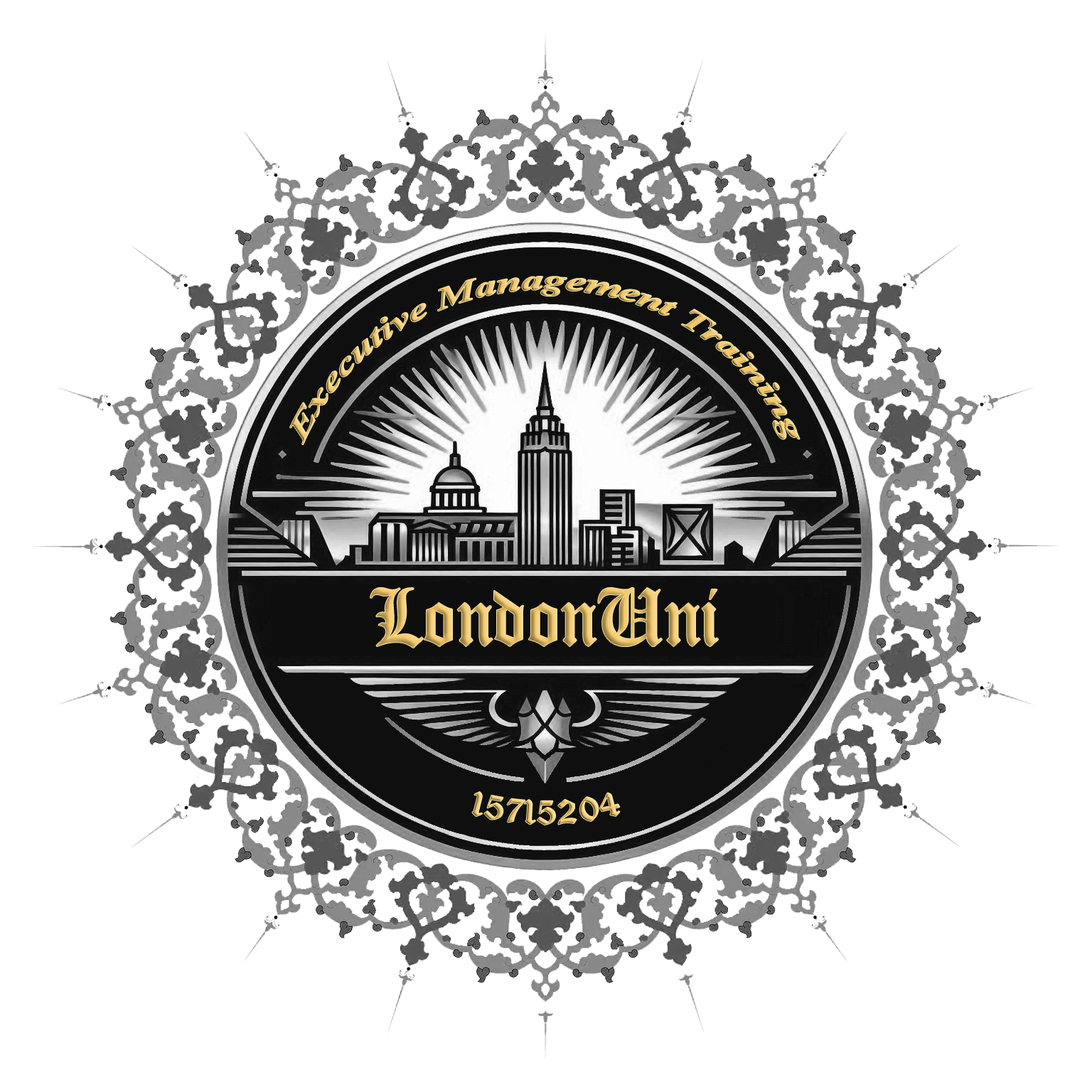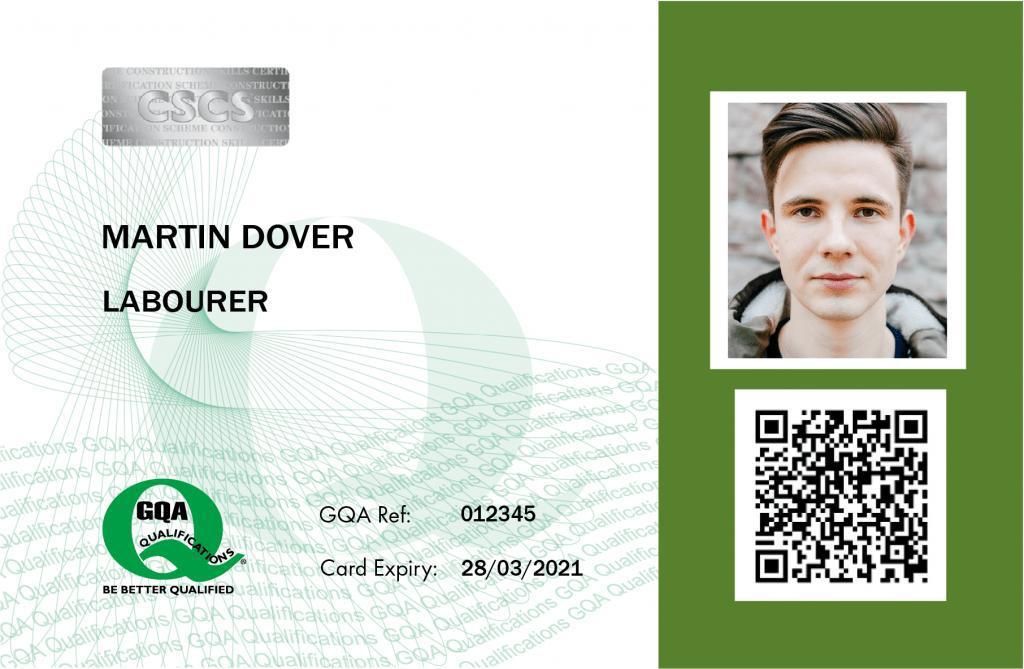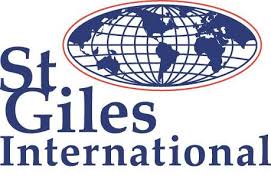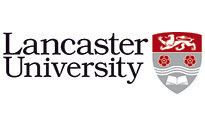
Strategies for Goal Setting, Planning, and Enhancing Organizational Performance
Course ID: 2512295701447EGI
Course Dates : 29/12/25 Course Duration : 5 Studying Day/s Course Location: Bahrain, Bahrain
Language: Bilingual
Course Category: Professional and CPD Training Programs
Course Subcategories: Human Resources and Talent Development
Course Certified By: * Projacs Academy
* Professional Training and CPD Programs
Certification Will Be Issued From :
KSA
Course Fees: £2,958.13
Vat Not Included in the price. VAT may vary depending on the country where the course or workshop is held.
Click to Pay
Contact us for more information Sales@e-s-hub.com
Course Information
Introduction
Goal setting and strategic planning are cornerstones of success in any organization, serving as the blueprint for achieving both short-term objectives and long-term aspirations. In an era where adaptability and foresight are paramount, professionals must master these skills to navigate complex challenges and drive sustainable growth. This course is designed to equip participants with a comprehensive understanding of goal-setting frameworks, strategic planning methodologies, and performance enhancement techniques that align with contemporary organizational demands. By integrating theoretical insights with practical applications, the program bridges the gap between intention and execution, enabling individuals and teams to achieve measurable outcomes.
One of the key challenges organizations face today is the misalignment between goals and resources, often leading to inefficiencies and missed opportunities. For instance, a study by Harvard Business Review revealed that 95% of employees do not understand their company’s strategy, underscoring the critical need for clear communication and structured planning processes. This course addresses such gaps by introducing participants to proven models like SMART goals, OKRs (Objectives and Key Results), and the Balanced Scorecard Framework. These tools not only clarify organizational priorities but also foster accountability and collaboration across departments.
The benefits of mastering goal-setting and planning extend beyond individual career advancement to encompass broader organizational impact. Professionals who can articulate strategic visions and translate them into actionable plans become invaluable assets to their teams. Consider the case of a mid-sized tech firm that implemented cascading goal-setting practices, resulting in a 20% increase in productivity within six months. Such examples highlight how strategic alignment can transform work cultures, enhance employee engagement, and boost financial performance. Participants will gain insights into replicating these successes within their own contexts.
Established theories such as Locke and Latham’s Goal-Setting Theory provide a robust foundation for understanding the psychological mechanisms behind effective goal achievement. According to this theory, specific and challenging goals lead to higher performance when coupled with appropriate feedback mechanisms. The course leverages such frameworks to guide participants through the process of designing realistic yet ambitious targets. Furthermore, emerging trends like agile planning and data-driven decision-making are explored to ensure relevance in dynamic industries.
Real-world anecdotes further illustrate the transformative power of strategic planning. Take, for example, a retail chain that struggled with declining sales until it adopted a customer-centric approach rooted in meticulous goal-setting. By analyzing market data and setting quarterly objectives tied to customer satisfaction metrics, the company reversed its trajectory and regained market share. Stories like these demonstrate the tangible value of applying the principles taught in this course. Participants will leave equipped to tackle similar challenges in their respective fields.
Ultimately, this course transcends traditional training paradigms by fostering a holistic understanding of organizational performance enhancement. It emphasizes not only the technical aspects of goal setting and planning but also the interpersonal dynamics required to implement strategies effectively. Whether you are a seasoned executive seeking to refine your leadership toolkit or an aspiring manager eager to make an impact, this program offers the knowledge and skills necessary to thrive in today’s competitive landscape.
Objectives
By attending this course, participants will be able to:
Analyze the components of effective goal-setting frameworks and apply them to create actionable plans.
Evaluate organizational performance using tools such as the Balanced Scorecard and SWOT analysis.
Design cascading goal structures that align individual contributions with overarching business objectives.
Implement agile planning techniques to respond to rapidly changing market conditions.
Synthesize data-driven insights to inform strategic decisions and optimize resource allocation.
Apply motivational theories to enhance team engagement and commitment to shared goals.
Develop compliance-focused strategies that adhere to industry regulations while driving innovation.
Who Should Attend?
This course is ideal for:
HR managers, team leaders, project coordinators, consultants, and educators tasked with driving organizational change and performance improvement. Professionals working in industries such as technology, healthcare, finance, and manufacturing will find the content particularly valuable due to its emphasis on adaptability and efficiency. While the course assumes no prior expertise in strategic planning, intermediate learners seeking to deepen their understanding will benefit most. Advanced practitioners may also appreciate the opportunity to explore cutting-edge methodologies and refresh foundational concepts.
Training Method
• Pre-assessment
• Live group instruction
• Use of real-world examples, case studies and exercises
• Interactive participation and discussion
• Power point presentation, LCD and flip chart
• Group activities and tests
• Each participant receives a 7” Tablet containing a copy of the presentation, slides and handouts
• Post-assessment
Program Support
This program is supported by:
* Interactive discussions
* Role-play
* Case studies and highlight the techniques available to the participants.
Daily Agenda
The course agenda will be as follows:
• Technical Session 08.30-10.00 am
• Coffee Break 10.00-10.15 am
• Technical Session 10.15-12.15 noon
• Coffee Break 12.15-12.45 pm
• Technical Session 12.45-02.30 pm
• Course Ends 02.30 pm
Course Outlines
Foundations of Goal Setting and Strategic Planning
Introduction to Goal-Setting Theories (e.g., SMART Goals, OKRs)
Understanding the Role of Vision and Mission Statements
Identifying Organizational Priorities Through SWOT Analysis
Aligning Personal Goals with Organizational Objectives
Day 2:
Tools and Frameworks for Effective Planning
Overview of the Balanced Scorecard Framework
Developing Cascading Goal Structures
Utilizing Gantt Charts and Work Breakdown Structures
Incorporating Risk Management into Planning Processes
Day 3:
Agile Planning and Adaptive Strategies
Principles of Agile Methodology in Project Management
Responding to Market Trends and Disruptions
Building Flexibility into Long-Term Plans
Case Study: Successful Agile Implementation in Tech Startups
Day 4:
Data-Driven Decision Making and Performance Metrics
Leveraging Analytics for Strategic Insights
Defining Key Performance Indicators (KPIs)
Conducting Regular Progress Reviews and Feedback Loops
Addressing Common Pitfalls in Data Interpretation
Day 5:
Leadership and Team Engagement in Execution
Motivating Teams Through Clear Communication
Fostering Accountability and Ownership
Overcoming Resistance to Change
Final Workshop: Creating an Action Plan for Your Organization



















































